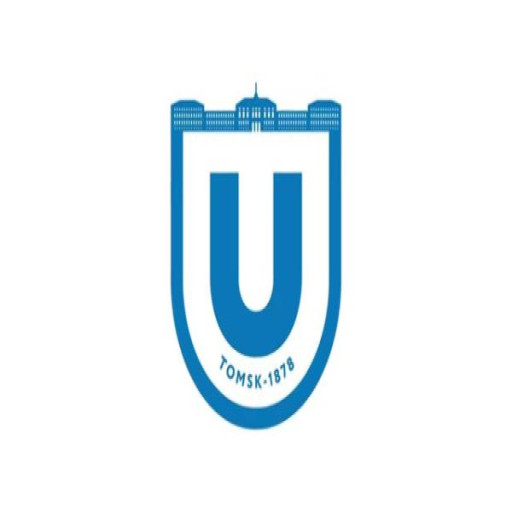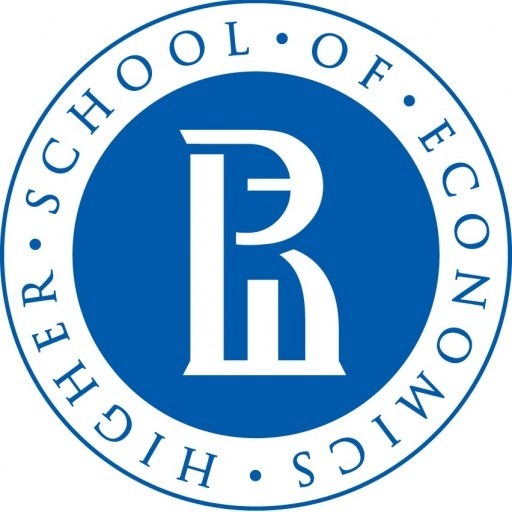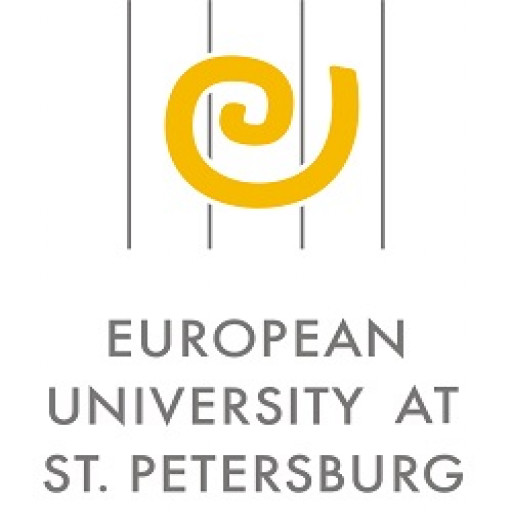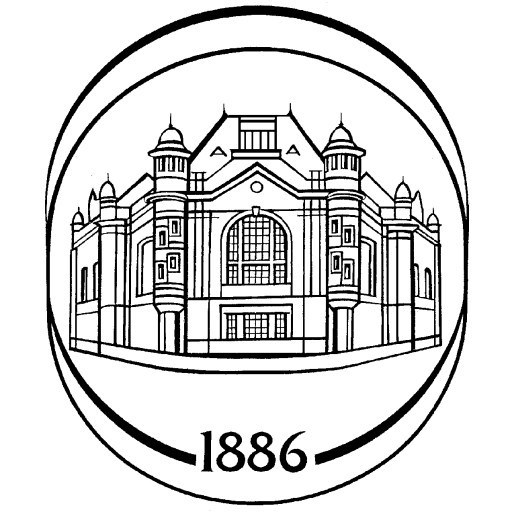System engineering is a comprehensive and interdisciplinary field focused on designing, developing, maintaining, and managing complex systems. It integrates principles from engineering, computer science, management, and other disciplines to ensure that systems meet specific requirements and operate efficiently throughout their lifecycle. The program emphasizes a robust understanding of both hardware and software components, enabling graduates to develop innovative solutions for a wide range of industry challenges. Students will learn to analyze system needs, design architecture, implement components, and evaluate system performance, ensuring optimal functionality and reliability. The curriculum covers essential topics such as systems modeling, software development, algorithms, data structures, systems integration, testing, quality assurance, and project management. Modern industry demands engineers who are capable of working in multidisciplinary teams and who possess strong problem-solving skills. Throughout the program, students engage in practical projects, internships, and research activities that prepare them for the dynamic world of technology and engineering. The program aims to develop professionals who can contribute to advancing technological development in various sectors, including information technology, telecommunications, automation, and industrial systems. Graduates will be equipped to work in roles such as systems engineer, software developer, project manager, or systems analyst, with the knowledge and skills to lead innovative projects and implement cutting-edge solutions. The program is designed to align with international standards and prepares students for further studies or certifications in related fields. With a focus on the latest advancements and industry best practices, the curriculum ensures that graduates are well-prepared to meet the evolving needs of modern digital societies.
The Software Engineering program at National Research Tomsk State University is designed to equip students with comprehensive knowledge and practical skills necessary for the development, implementation, and maintenance of complex software systems. Throughout the course, students will explore fundamental concepts of computer science, programming languages, algorithms, and data structures, enabling them to understand the core principles that underpin modern software development. The curriculum emphasizes a strong foundation in software design and architecture, ensuring students can create efficient, reliable, and scalable applications that meet real-world requirements.
In addition to core technical disciplines, students will delve into advanced topics such as software project management, quality assurance, testing methodologies, and version control systems. They will gain hands-on experience through numerous practical projects, collaborative exercises, and internships designed to simulate industry environments. The program also covers contemporary areas such as cloud computing, cybersecurity, mobile development, and artificial intelligence, providing a well-rounded education aligned with current technological trends.
The university emphasizes the importance of developing soft skills alongside technical expertise. Students will enhance their problem-solving, teamwork, communication, and critical thinking abilities, preparing them for leadership roles in the software industry. The program fosters an innovative mindset, encouraging students to participate in research activities, hackathons, and entrepreneurial initiatives.
Graduates of the Software Engineering program will be prepared to work in diverse sectors including IT companies, software consultancies, financial institutions, telecommunications, and government agencies. They will possess the capabilities to analyze client needs, design tailored software solutions, and lead projects from conception to deployment. The program’s multidisciplinary approach ensures that graduates are adaptable and capable of continuous learning in an ever-evolving technological landscape. Overall, the program aims to produce highly qualified professionals who can contribute effectively to the digital transformation and technological advancement of society.
Program Requirements for Software Engineering at National Research Tomsk State University:
Applicants must have completed secondary education or its equivalent, demonstrating proficiency in mathematics and computer science. A solid foundation in mathematics, including calculus and discrete mathematics, is essential for success in the program. Prior programming experience, although not mandatory, is highly desirable and can include knowledge of languages such as Python, Java, or C++. Candidates should also possess analytical thinking skills and the ability to work with complex technical concepts.
English language proficiency is required for international applicants, with a minimum standardized test score equivalent to TOEFL iBT 80 or IELTS 6.0, unless they have completed previous education in English-medium institutions. Russian language skills are necessary for non-native speakers to facilitate coursework and communication within the university.
The program has specific admission requirements, including passing entrance examinations in mathematics and logic, assessing problem-solving abilities and technical knowledge. Additionally, applicants may be required to submit a motivational letter outlining their interest in software engineering and career aspirations.
Students must meet the general health requirements established by university policies and provide all necessary documentation during the application process. The program also mandates compliance with academic integrity standards, attendance policies, and participation in internships or cooperative education opportunities, which are integral parts of the curriculum.
Successful completion of the program demands passing all theoretical and practical examinations, fulfilling credit requirements, and completing a final thesis project under supervision. The curriculum emphasizes both theoretical foundations and practical skills, including software development, systems analysis, project management, and the latest technologies in programming and cybersecurity.
In summary, prospective students should prepare academically in mathematics and programming, demonstrate language proficiency if applicable, and meet the additional criteria set forth by the university’s admission office. Adherence to these requirements ensures readiness for the rigorous curriculum of Software Engineering at National Research Tomsk State University.
The financing of the Software Engineering program at National Research Tomsk State University is primarily based on a combination of federal, regional, and university-specific sources of funding. The program benefits from government budget allocations allocated to higher education institutions to support the development and implementation of innovative educational programs in information technology and computer science. These funds are used to cover tuition subsidies for state-funded students, ensuring access to education for talented applicants regardless of their financial background. Additionally, the university allocates part of its internal budget to support the program, which includes investments in modern laboratories, software licenses, and teaching staff salaries.
The program also offers paid tuition options for students who do not receive state funding. Revenue generated from tuition fees contributes to the program's financial sustainability and continuous improvement. The university seeks to attract funding from external sources, including grants and research projects from government agencies, private corporations, and international organizations, which often include funding for students’ research and internships. These external funding sources help enhance the quality of education by providing resources for state-of-the-art equipment, software tools, and research collaborations.
Moreover, the university encourages students to participate in national and international competitions, internships, and joint research projects, some of which are funded externally. The integration of practical training with industry partners not only enhances employability but also brings additional funding and sponsorship opportunities to the program. Scholarships and financial aid programs are also available for outstanding students, supported by university or external scholarship foundations, thus reducing financial barriers for enrollment and participation in the program.
Overall, the financial support for the Software Engineering program at Tomsk State University is designed to ensure high-quality education, foster research and innovation, and provide equitable access to talented students through a diverse mix of funding sources. This comprehensive financial model enables the program to continuously develop its infrastructure, update its curriculum, and maintain a high level of academic excellence aligned with the evolving demands of the IT industry.
The Software Engineering program at National Research Tomsk State University is designed to provide students with comprehensive knowledge and skills in the development, testing, and maintenance of software systems. The curriculum combines theoretical foundations with practical applications, ensuring graduates are well-prepared to meet the demands of the rapidly evolving IT industry. Students delve into core subjects such as programming, algorithms, data structures, and systems analysis, while also exploring specialized areas including software design, project management, quality assurance, and cybersecurity. The program emphasizes hands-on experiences through laboratory work, project-based learning, and internships with leading technology companies, enabling students to apply their knowledge in real-world scenarios. Throughout their studies, students develop competencies in modern programming languages, software development methodologies like Agile and DevOps, and tools for version control and continuous integration. The university's facilities include state-of-the-art computer labs and collaboration spaces to facilitate active learning and innovation. Additionally, the program encourages students to participate in national and international competitions, hackathons, and research projects, fostering a culture of creativity and continuous improvement. Graduates of the program are equipped to pursue careers as software engineers, developers, system analysts, software testers, or project managers across various sectors such as telecommunications, finance, aerospace, and government services. The university maintains strong ties with industry partners to ensure that the curriculum remains current and aligned with industry standards. Overall, the Software Engineering program aims to produce versatile professionals capable of designing efficient, reliable, and scalable software solutions, contributing to technological advancement and digital transformation initiatives both within Russia and globally.




